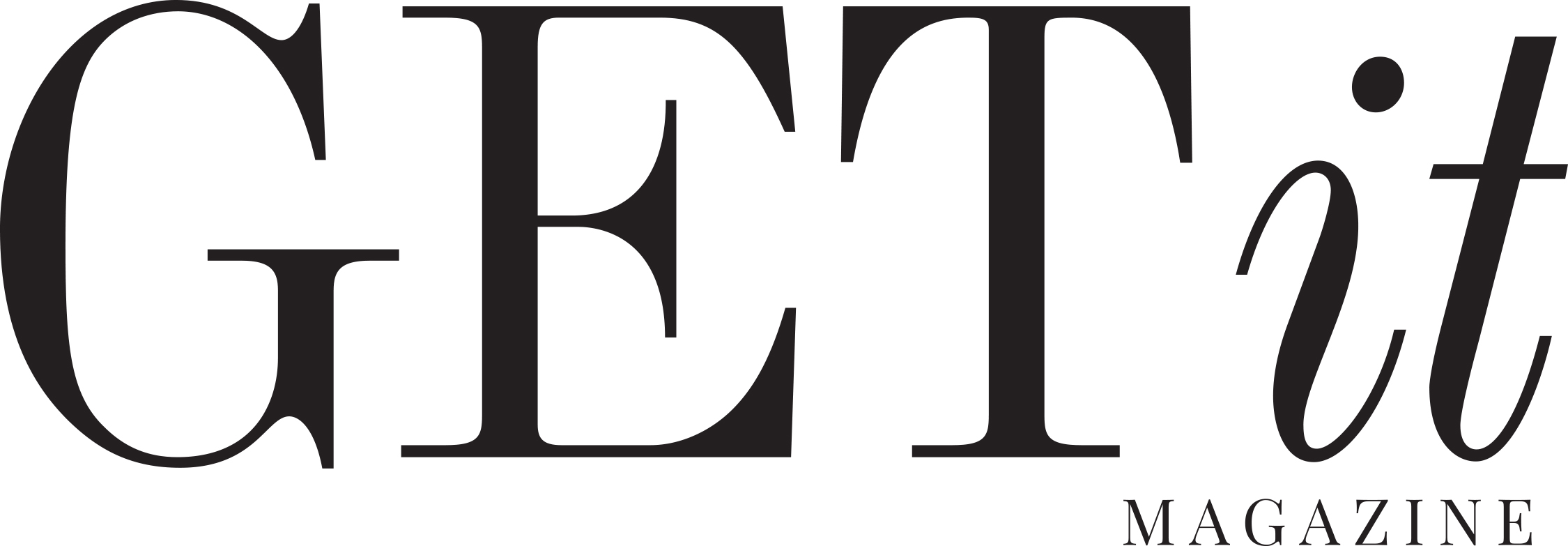Red Flags to Watch for and Questions You Should Ask.
Job hunting can be stressful—from last-minute CV tweaks to awkward questions like “Where do you see yourself in five years?”, not to mention
the silence that can follow an interview. But amid the pressure, it’s easy to forget that job interviews are a two-way street. Just as the company is
evaluating you, you should be evaluating them to see if they’re the right fit for your lifestyle, values, and career goals.
There are more than 16 million TikTok posts under “red flags in job interviews”, and searches for the term have surged by 156 per cent in the past
month. Here are the six red flags to watch for, according to Somebody Digital, plus six smart questions to uncover the true culture behind the job ad.
Red Flags to Watch For
- Constant Rescheduling
A single date change is fine—but repeated last-minute reschedules show a lack of respect for your time and may reflect poor internal communication
or disorganisation. - Vague Role Descriptions
Your interviewer should clearly explain the role, responsibilities, and how it fits into the company’s goals. Evasive answers may mean they’re hiding
high turnover, poor culture, or unclear leadership. - Blurred Boundaries
If a remote role comes with after-hours emails or no clarity around working hours, that’s a red flag. Respect for work-life balance matters, even
outside the office. - Bait and Switch
If the job discussed in the interview differs wildly from the ad, be wary. This tactic sets false expectations and hints at broader honesty issues
within the company. - Badmouthing Former Staff
If they complain about the last person in the role, take note. It suggests low morale, poor leadership, and a potentially toxic environment. - Overly Personal Questions
Questions about your health, family, or personal life are inappropriate and signal poor understanding of boundaries—something that could continue
if you accept the role.
Questions You Should Ask
- What Can I Expect on My First Day?
This reveals how well they onboard new employees. A lack of structure or support could point to overworked teams or poor planning. - What’s the Best Part of Working Here?
If the interviewer struggles to answer, it could mean the perks are minimal—or that job satisfaction isn’t a priority. - Do Team Members Socialise Outside of Work?
This helps gauge the company culture. Whether you prefer a social environment or strict boundaries, the answer will help you assess fit. - What Could I Do to Exceed Expectations in This Role?
This question gives insight into whether expectations are realistic and helps clarify what success in the role actually looks like. - How Do You Recognise Success?
If promotions or recognition are vague or rare, you may struggle to grow in the role. A lack of recognition is a key reason people leave jobs. - How Do You Include Remote Workers in the Team?
With hybrid work common, it’s vital to know how remote staff are supported and included. Collaboration shouldn’t suffer just because you’re off-site.
By looking out for red flags and asking the right questions, you’ll be in a stronger position to choose a role that supports your growth—and avoids unnecessary stress down the line.


